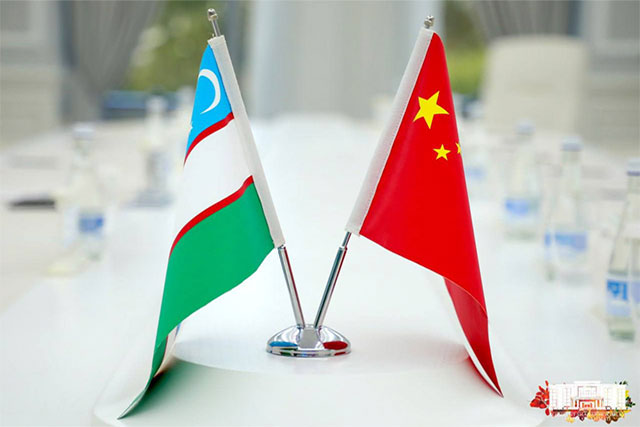
Uzbekistan and China Discuss Launch of Joint Leather Industry Projects
Uzbekistan and China Discuss Launch of Joint Leather Industry Projects
Tashkent, Uzbekistan (UzDaily.com) — On 27 June, Deputy Minister of Investment, Industry and Trade of Uzbekistan Khurram Teshabayev held a working meeting with Liu Suilong, Vice Chairman of the China Leather Industry Association.
During the talks, the parties discussed prospects for industrial cooperation and the launch of joint projects in the small industrial zones of Andijan and Akhangaran focused on footwear and leather accessories production.
Special emphasis was placed on expanding the presence of Uzbek-made products in major international markets and improving their quality by involving Chinese technologists and designers.
The Chinese side proposed not merely investment but a model of production partnership based on the existing infrastructure of industrial zones, Uzbekistan’s rich resource base, and access to global markets through joint manufacturing platforms. The Uzbek side assured comprehensive support for such initiatives, including tax and customs incentives, and accelerated licensing procedures.
A key topic was the sourcing model: design and technical specifications would be developed in China, manufacturing would take place in Uzbekistan, while distribution and export would be carried out via Chinese and international retail networks. This approach offers Uzbek manufacturers access to advanced technologies and new export opportunities.
Concrete projects were also discussed. KFK Shoes plans to adopt Chinese technological standards in its footwear production, while Chust Leather LLC is ready to establish joint lines for advanced leather processing and manufacturing of finished goods such as belts, bags, and accessories. The initiatives also include setting up quality control laboratories and creating new jobs.
Another important aspect of the negotiations was cooperation in workforce training and technology transfer. The Chinese delegation proposed working with vocational colleges, organizing educational visits for Uzbek specialists to China, and jointly developing product design and branding with access to e-commerce platforms.
The participants also emphasized the need for efficient logistics and export support. Chinese partners expressed readiness to use the ports of Guangzhou and Shanghai, while the Uzbek side committed to simplifying certification, customs clearance, and licensing procedures. Particular attention was given to adapting the "Made in Uzbekistan" label to a "Made for China" format.
Thus, the talks held in Tashkent laid the foundation for a strategic industrial partnership between Uzbekistan and China in the leather sector, creating new opportunities for technological advancement, production diversification, and strengthening Uzbekistan's position in the global market.
As a result of the meeting, the two sides agreed to develop a cooperation roadmap aimed at increasing the export of high value-added leather goods to the Chinese market.